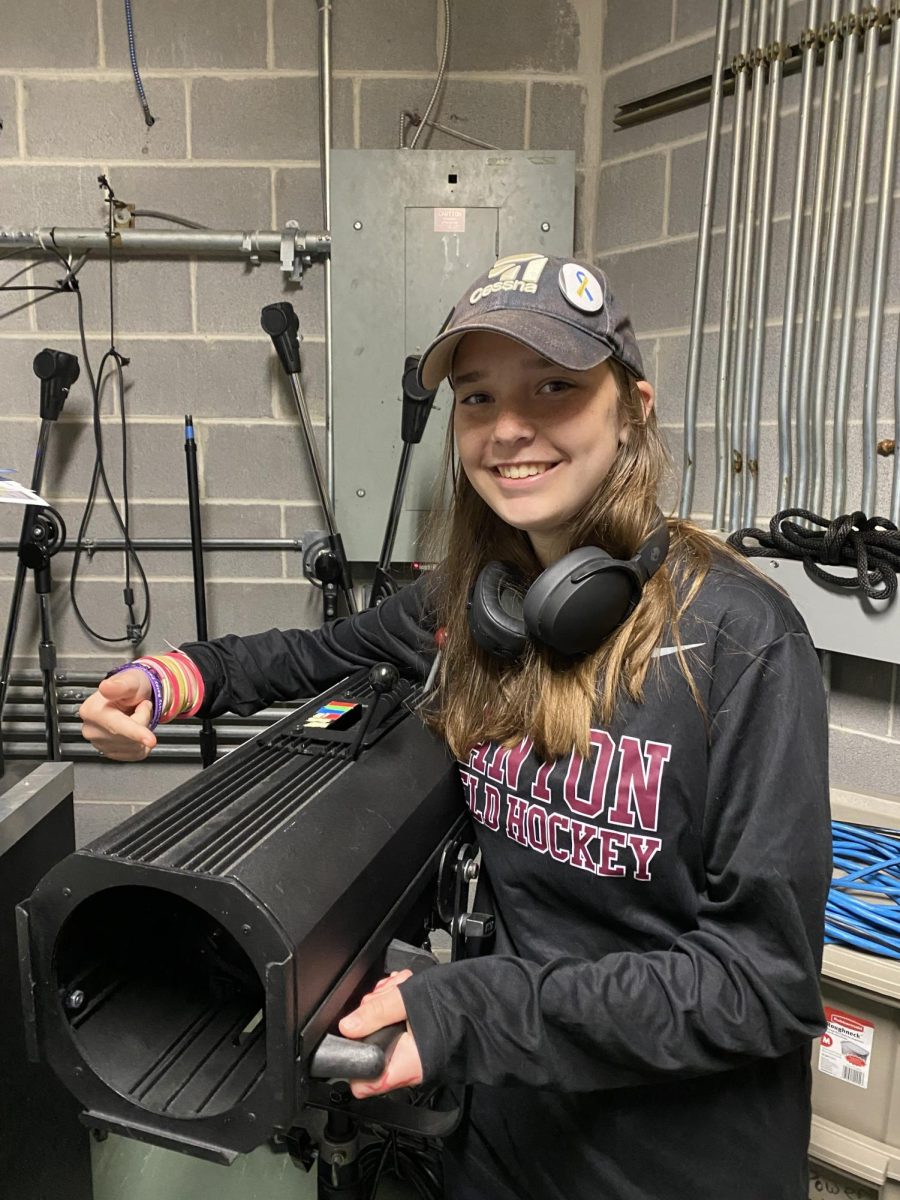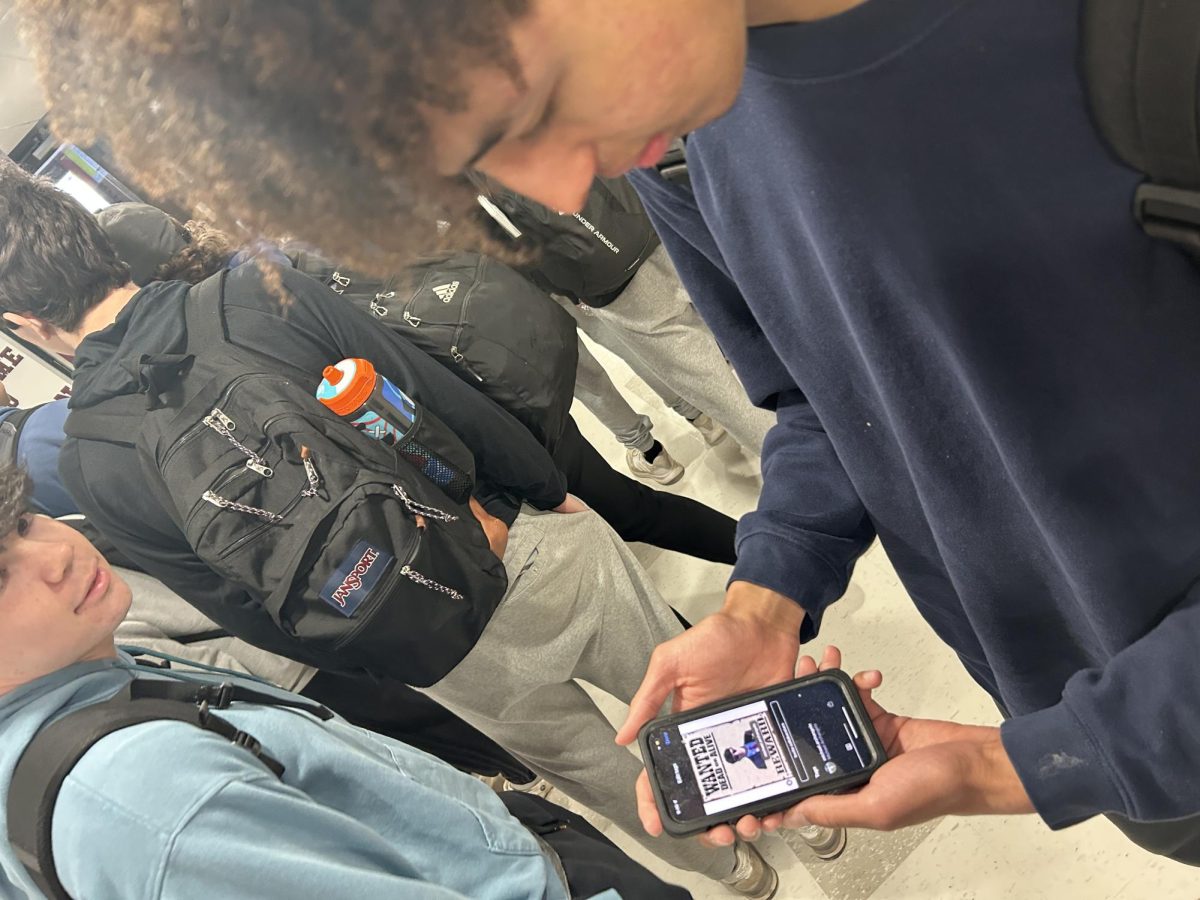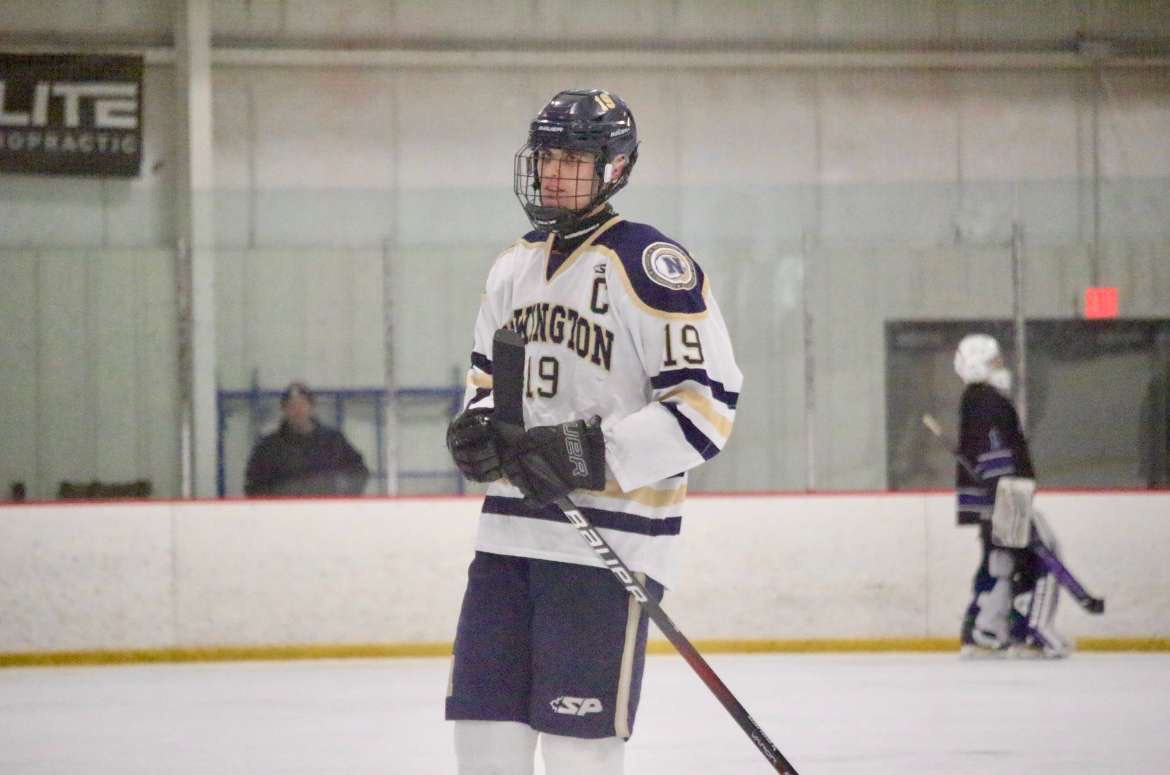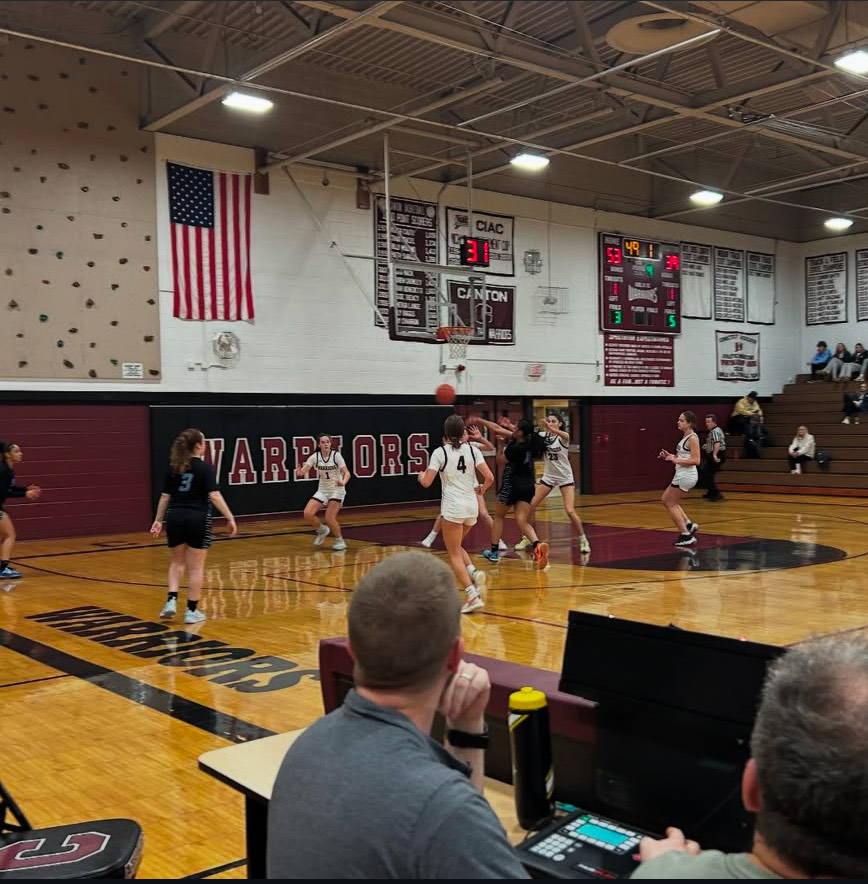On Friday January 17, the seniors of Canton High School completed their presentations correlating to their semester long mastery project.
Over the course of the first semester, seniors had to come up with, brainstorm, plan, execute, and present a project that would determine if they graduate in June 2020. The class that was dedicated to having time to work on the project was called CMP, or Canton Mastery Project.
The Canton Mastery Project started in 2018-2019, the graduating class of 2019 being the test subjects for the project. A Pass/Fail class that determines whether or not a student graduates, it is a required class for all seniors.
Now that their projects and presentations are over, the seniors can finally breathe.
I surveyed 13 seniors about their experiences with the CMP class, asking both Yes/No questions and free response questions.
Out of those seniors asked, 84.6% of them said that this class/project was very strenuous. When asked about why it was stressful, Julia Langou, who is a senior and completed her mastery project, said that “the fact that we needed to pass the class in order to graduate made it stressful. Additionally all of the little unnecessary assignments, such as rubrics and annotated bibliographies, seemed rather strenuous and overly time consuming considering how our time could be better spent doing other things.”
Another senior Justin Conforti also pointed out that the seniors “had to take it the same time we were applying to colleges.” Out of the sampled seniors, 76.9% said that CMP was not helpful in terms of applying to colleges, despite setting a few days aside throughout the semester to help with college applications, essays, and technical things.
Even with the college application situation, it was close to an even split between students when asked about their liking towards the class. Out of the students sampled, 53.6% said they did not enjoy CMP.
Senior Annabel Hayes commented that she does “feel that my college applications may have slightly suffered due to stress and work from this class. The timing is horrible, and so is the grading and scheduling of the assignments.”
There were also required rubrics throughout the semester that were seen by many students as time consuming and annoying. They were used after each marking point in the semester to evaluate college essays, project proposals, annotated bibliographies, project completion, presentation completion, and many more that I’m definitely forgetting.
Senior Gabe Mower said the rubrics “didn’t support us in the process, and they were just to keep us busy,” and that “most of the categories didn’t apply to what we were doing since the rubric was used for everything.” Many of the students sampled talked about reducing the amount or abolishing them altogether.
Despite the negativity surrounding the CMP class, 92.3% of the students surveyed said they were satisfied with their project turnout, and many have positive outcomes from the project.
When asked about what students learned, Senior Lauren Mix explained that “I felt like the presentation was a good opportunity to practice my presentation skills I may need for the future.” Many of the students surveyed agreed with the benefits of public speaking experience as well as learning strong time management skills.
From watching some of my peers’ presentations, I’d say the strongest overall skill that students developed was poise in public speaking. Students spoke well and made universal eye contact. Their voices were loud enough to hear and had the audience engaged in their presentation. While everyone was nervous (as I was, too), the way students gathered themselves was amazing.
Presenting in front of an audience can always be daunting, no matter the subject. The thought of having to go up in front of your peers and talk about a project for over ten minutes doesn’t seem like an entirely good time, yet students managed to do very well despite the constant stress they were under.
It was also beneficial to show the juniors and sophomores a great demonstration of public speaking, so they have that example for when they present their senior year. It’s important to show them what it takes to keep an audience engaged.
I also asked the seniors for advice that they would give to the underclassmen. Hayes commented that they should “prioritize picking a project that is doable and will not cause a lot of stress. Even if it is not truly connected to your … future career, it is not worth over extending yourself.” Most of the responses consisted of “choose a topic you enjoy” or “plan in advance.”
Despite the great deal of time and effort it takes to complete a successful project, the point of CMP is to not stress students out or make them fear for their life ahead of them, but to rather prepare them for college by acquiring real-life skills, such as time management and public speaking.
If I’m able to add in a piece of advice to underclassmen: start early. Brainstorm ideas over the summer and visit as many colleges as you can, so the stress of coming up with a project isn’t mixed in with the stress of picking colleges.
Once you get started with your project, go at your own pace, but don’t wait until the last minute, or else it’ll be piled on you at once. And that’s never fun.
Categories:
CMP is over – seniors can finally breathe
February 5, 2020
For her CMP Project, Lauren Eschenbrenner wrote, illustrated, and put together a children’s book from scratch. The cover is cork and the words and pictures were created with a wood burner.
0
Tags:
More to Discover












